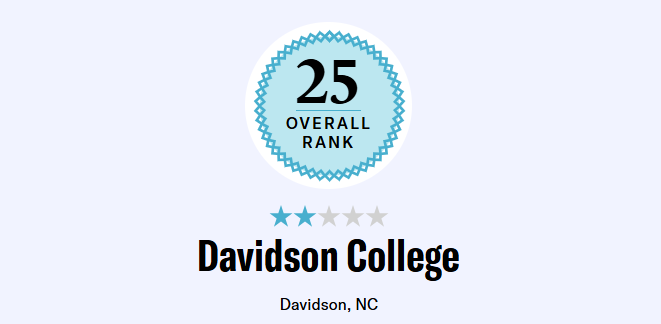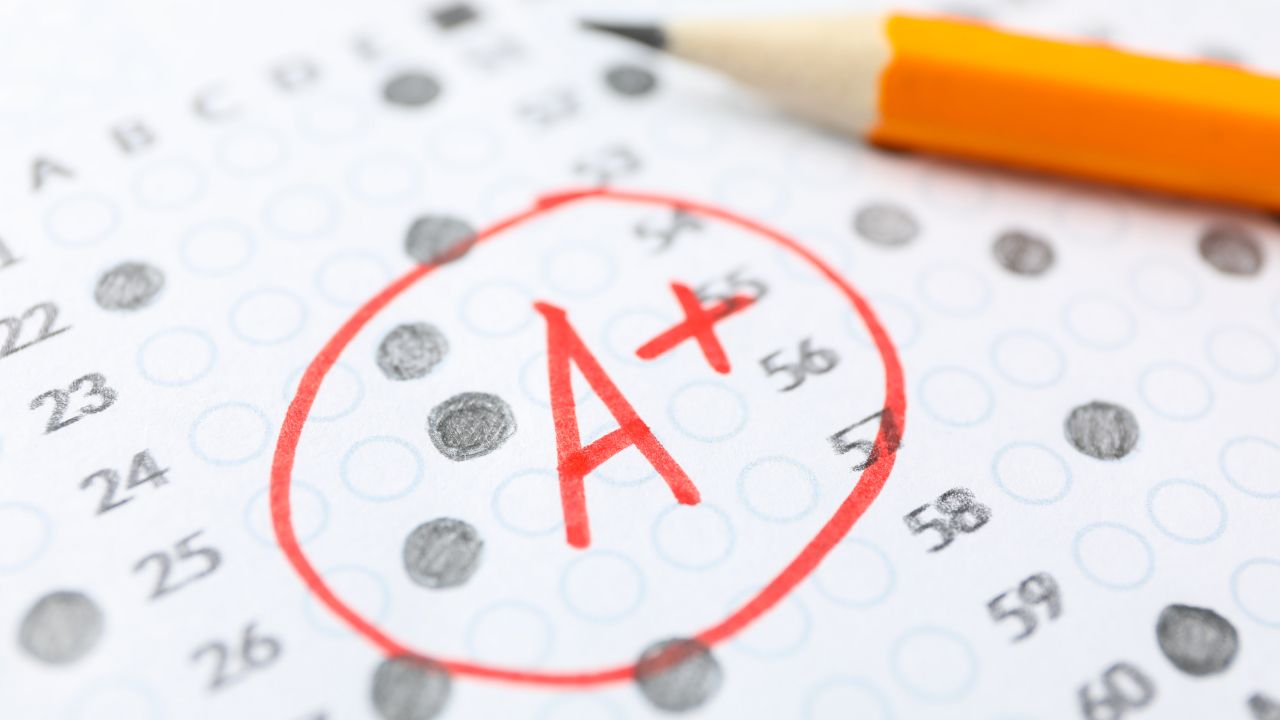What Conservatives Misunderstand About Radicalism at Universities
Elite schools are floundering in their attempts to navigate the Israel-Palestine conflict because they have passed the better part of a decade making themselves political.

By Tyler Austin Harper
The Atlantic
October 18, 2023
Since William f. Buckley published God and Man at Yale—a best-selling book that criticized the “collectivist” sympathies of professors at Buckley’s alma mater—in 1951, conservatives have argued that prestigious American universities are hotbeds of dangerous Marxist brainwashing. Whether espoused by Buckley in the ’50s or by conservative firebrands today, the assertion that elite universities are sites of far-left indoctrination is and has always been a fantasy. The most popular major at Harvard, Yale, and many other supposedly leftist universities is economics—not exactly the subject of choice for aspiring anti-capitalists. At the University of Pennsylvania, 50 percent of graduating students take jobs in finance or consulting. The figures at other Ivies aren’t much lower. If these institutions are trying to produce Marxists, they are failing spectacularly.
Yet conservatives are right when they say that the Ivory Tower is a breeding ground for ideological extremism. The politics on offer at elite universities are not leftist in any substantive sense—at least if by “leftist” you mean redistributive—but they are radical. We might call it “corporate radicalism”: a political sensibility that blends what the late writer Mark Fisher derisively referred to as “capitalist realism”—the conviction that free-market neoliberalism is broken but that there is no better alternative so we might as well embrace it—with performative social justice that is as loud as it is toothless. Although academia has always been a haven for leftists, freethinkers, and creatives as well as crackpots, there used to be a kind of separation of church and state: Universities were refuges for radicals, but they were not themselves radical. (Consider the tensions between faculty and administrations during the campus protest movements of the 1960s.)
In recent years, however, college presidents, deans, and HR professionals have cribbed the language of edgy politics, openly framing their institutions and initiatives as aspirationally “anti-racist” and “decolonial” enterprises while welcoming “scholar-activists”: professors who see their research, political militancy, and pedagogy as mutually constitutive. You can see the fruit of this shift in a number of faculty members’ responses to Hamas’s attack on Israel earlier this month. Zareena Grewal, an American-studies professor at Yale, tweeted, “Settlers are not civilians,” implying that massacred Israelis couldn’t be considered innocent. She also asserted that a young Israeli engineering student who had been kidnapped during a massacre at a rave shouldn’t count as a noncombatant because she was “an IDF soldier/Israeli police officer.” (Grewal has since locked her Twitter account.) Tenured and tenure-track professors at prestigious research institutions hastened to remind their Twitter followers that “decolonization is not a metaphor.” The posts—dated the same day as Hamas’s attack—quite plainly implied that decolonization necessarily entails terroristic violence.
The situation has proved to be a fiasco for elite colleges and universities, opening a new front in the ongoing culture war in higher education. The tension bursting into view right now—between a majority of scholars, for whom “decolonization” means putting fewer white Europeans on their syllabi, and a small minority who believe it entails anything-goes violent revolution—is the unwelcome and unsurprising result of universities wanting to cosplay rebellion while still churning out Wall Street–executive alumni who will one day pad endowments that are larger than Israel’s annual defense budget.
In short, elite universities are in a bind, floundering in their attempts to navigate the Israel-Palestine conflict, because they have passed the better part of a decade making themselves political. If college presidents had not spent the past few years issuing watery, say-nothing statements about every crisis in current affairs, they would not now be expected to register their opinion on the conflagration in the Middle East. If they had not slapped the words decolonization and anti-racism on so many campus initiatives, they would not now be implicated as ideological co-conspirators every time one of their faculty members labels a terrorist attack “decolonization,” or whenever an “anti-racist” research institute is hit with a major scandal. And above all, if they had not indulged the preposterous notion that unpopular or even offensive ideas are a form of “violence” that their students must be protected from, they would not now look so hypocritical when members of their campus community voice enthusiasm for actual violence. If universities had been more circumspect in the past, they could credibly say that they believe in academic freedom—regardless of whatever administrators themselves may think of the ideas that their students and faculty champion—and leave it at that.
Instead, deluded into believing that the Ivory Tower could be both a site of social justice and a factory for finance bros, elite universities bit the poison apple of politics. Enter corporate radicalism.
I often describe myself as a “soft Marxist.” I say that because my politics slouch toward reformist social democracy, not revolutionary overhaul. But I am nonetheless a Marxist, because I hold the traditionally Marxist view that the ideas that dominate at a given place and time tend not to be the ideas of the working classes—the humble majority—but rather of the elites. “The class which is the ruling material force of society,” Karl Marx and Friedrich Engels declared, “is at the same time its ruling intellectual force.” Though the conservative accusation that prestigious universities are “culturally Marxist” is little more than a conspiracy theory, ironically, Marxism can help us understand the ideologies that prevail at these institutions.
From a Marxist perspective, there are only two possible explanations for the radical politics emerging out of Harvard and company: Either, against all odds, a genuinely revolutionary political project—decolonization, anti-racism, etc.—has been secreted out of the inner sanctum of the American elite to destabilize it from within, or these “radical” political ideologies are in fact little more than wallpaper serving the interests of the ruling class by morally laundering an education system that doles out advantages to the mediocre rich and then calls this process a “meritocracy.” Although miracles are certainly possible, history—and common sense—militates in favor of the latter.
This brings us back to that suddenly troublesome slogan—“decolonization is not a metaphor”—tweeted out by American academics only hours after Hamas militants gunned down men, women, and children in what we now know was the greatest loss of Jewish life on a single day since the Holocaust. That phrase is a reference to the title of a landmark work in decolonial theory, a celebrated 2012 article by Eve Tuck and K. Wayne Yang, who skewered the way mainstream progressives had co-opted the term decolonization and started using it as a catchall synonym for social justice. “The absorption of decolonization by settler social justice frameworks,” the pair observed, “is one way the settler, disturbed by her own settler status, tries to escape or contain the unbearable searchlight of complicity.”
Tuck and Yang argued that the impulse to turn decolonization into a metaphor for “things we want to do to improve our society and schools”—such as providing better mental-health care or adding Native authors to the English curriculum—allows good white liberals to alleviate their guilt. By making decolonization about everything except the actual repatriation of stolen land, “settlers” can rhetorically align themselves with Indigenous rights while retaining the spoils won by their colonizing ancestors. The stolen land, constantly acknowledged, never actually has to be given back. The problem for some in the decolonial-theory crowd is that decolonization is necessarily about repatriation.
And it is this fact that brings us to the ugly truth that we must reckon with if we are to fully understand the performative bloodlust currently issuing from a small cadre of American academics and activists. That truth is this: Few serious people in the United States actually advocate giving the land back to its own native tribes. The idea is both politically intractable and logistically tortuous to the point that the very notion is patently absurd.
Yet, rather than have a serious conversation about what can be done to improve the lives of Native Americans, who have been systematically mistreated by federal neglect, enforced poverty, and drug addiction—and whose murders and disappearances typically fail to elicit even the barest theater of police investigation or journalistic curiosity—American academics and administrators at elite universities have instead taken to playacting metaphorical “decolonization” exercises. Of course, these exercises possess little political utility but great institutional utility: They serve to distract from the new science centers and gleaming football stadiums being built right on top of that stolen, un-decolonized land with all of that management-consultant-alumni money. Meanwhile, our more “radical” colleagues huff and puff and write articles filled with jargon that continue to indulge, implicitly or explicitly, the fantasy of a literal decolonization that will never come to pass in the U.S.
It is in light of the obvious impotence of American decolonization that we should interpret the enthusiasm of a handful of elite academics for Hamas’s recent attempt at “decolonization” via terrorism. Unlike the settling of the United States, the settling of Israel is both much more recent and—so the thinking goes—more susceptible to actual land-repatriation attempts, whether political or military. Decolonization can only be a metaphor in the United States, but perhaps it remains a literal possibility abroad—and from this darkling plain issues all the excitement. If tweedy Ph.D.s have to cheer the death of innocents to keep the rush of political possibility flowing, it must seem a small price—or at least one they don’t have to pay.
Meanwhile, conservatives are handed yet another win: Chris Rufo is already telling his followers, “Conservatives need to create a strong association between Hamas, BLM, DSA, and academic ‘decolonization’ in the public mind.” The inconvenient truth that the majority of academic “decolonization” discourse is either sober scholarship or toothless corporate university pablum—not a threat to anyone in either case—will not prevent the Rufo crowd from steering the narrative. Universities and academics, having spent the past decade branding themselves as radical agents of social change, will be taken by segments of the public at their word. The fact that the most “radical” thing such institutions have accomplished in the 21st century is hiking their tuition rates and plunging millions of Americans further into debt won’t prevent conservatives from leveraging the Israel-Palestine war to add fuel to the “cultural Marxism” fire. More grist for their defund-the-humanities mill.
So here we are. An American-studies professor at Yale gets to play armchair revolutionary for a weekend, tweeting “Settlers are not civilians” from the comfort and safety of New Haven, Connecticut, while a world away Jewish children are torn apart by terrorists and Muslim children are buried under rubble once more, in recompense. Now the future of Gaza, with a population of 2 million, hangs in the balance while Israel’s defense minister—in language far more dehumanizing than anything issued from the Ivy League—asserts, “We are fighting human animals and we are acting accordingly.”
“History repeats itself,” Marx famously observed, “first as tragedy, then as farce.” Yet in the case of the Israel-Palestine conflict, it appears that history repeats itself simply as tragedy, a tale of two peoples locked in a spiral from which there would seem to be no exit, as a minority composed of religious extremists on either side of a smart fence call for genocide, and as war, possessed as always of its own inertia, eats away at the horizon. Israeli eye for Palestinian eye. Israeli tooth for Palestinian tooth. And who would now say that decolonization is a metaphor? Certainly not the professor who will show up to class on Monday and teach decolonial theory to bored economics majors in need of one last humanities credit before they head off to McKinsey & Company, where they will manage, as the American elite always has, the class war at home and real wars abroad.
The Israel-Hamas War and Academia's Activist Problem - The Atlantic



